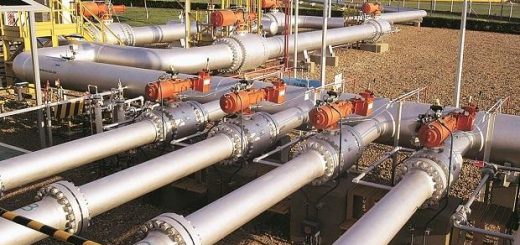The impact of e-commerce on LTL freight
The desire for quicker fulfillment and the expansion of e-commerce has transformed the landscape of LTL freight during the last ten years. E-commerce is the source of smaller, more frequent shipments, which are spreading across society. Demand growth is forcing the LTL sector to reevaluate expectations.
The e-commerce industry is the one factor that is having the biggest impact on LTL freight. In light of this, let’s examine what will shape LTL freight’s future and what changes you may be able to expect in the coming years.
How will the LTL freight sector change?
For LTL providers, it will be crucial to modify current business models to take into consideration the growth of e-commerce. Rates will undoubtedly increase, but providers will incur costs in order to adjust to these changes. These three elements will be given the most consideration.
Additional LTL carriers and logistical suppliers.
The existing LTL suppliers will expand their operations to meet the growing demand. There will also be an increase in the number of small carriers and third-party logistics companies.
LTL shipment will increase if e-commerce keeps expanding, and any capable provider will assist in reducing capacity issues. There is still going to be a competitive aspect to consider, however. The landscape of the industry will be altered by any new providers who offer lower prices.

Advanced technologies will play a crucial role.
LTL monitoring sophistication has a reputation for lagging behind that of full truckload, with updates being few and far between. Take a technological leap and exploit the generated data to differentiate yourself from other providers as the landscape shifts.
Shippers, end recipients, and carriers benefit from improved technology, data, and tracking by optimizing pickup/delivery times and routes. The next trend to watch is artificial intelligence, which might even help identify which loading bay a carrier should request for maximum efficiency.
Increasing operational costs.
Investing in new technologies and improving the overall LTL strategy will result in an increase in operating costs. There will be a demand for not only existing services but also for new products.
As an LTL shipper, you should expect these changes to begin in the coming years. Consider the demand for residential delivery, curbside delivery, and other more personal services that necessitate both time and fuel. As carriers add specialized services that necessitate more labour hours and begin incorporating new equipment into their fleet, these enhancements will incur higher costs for you.
The e-commerce sector is thriving. To move their products, small and medium-sized firms are turning to LTL freight. While the industry evolves, reducing the impact on rates will necessitate a concerted effort on the part of both carriers and customers.
Visit www.trucksuvidha.com for more details.




Recent Comments